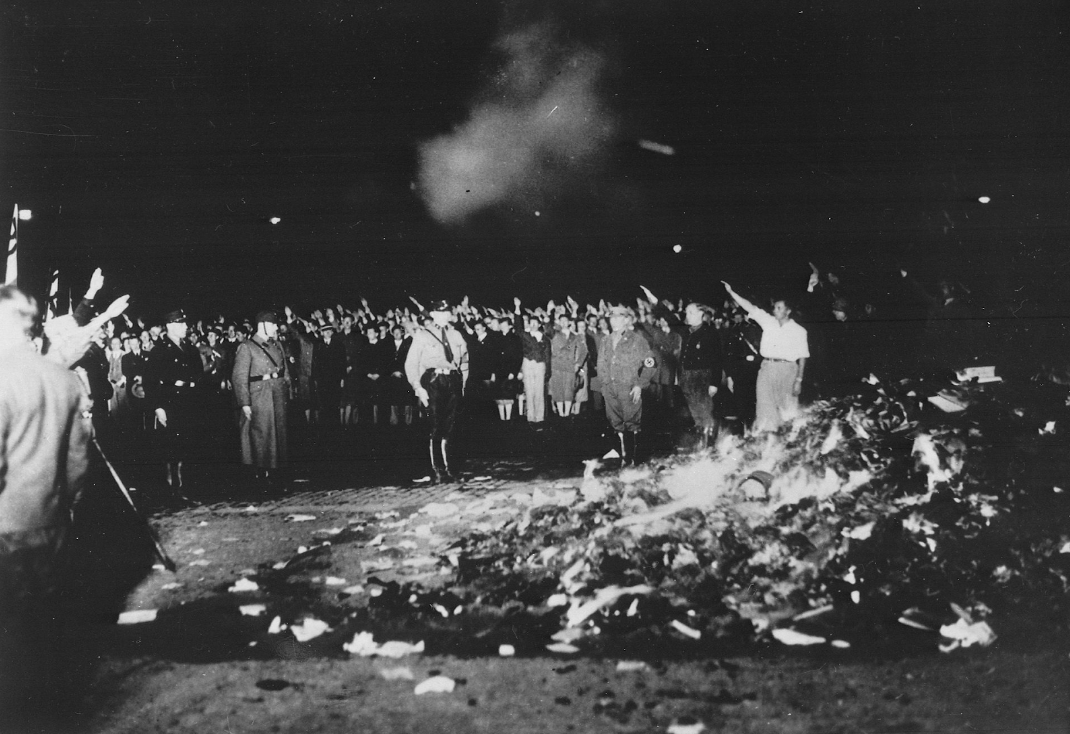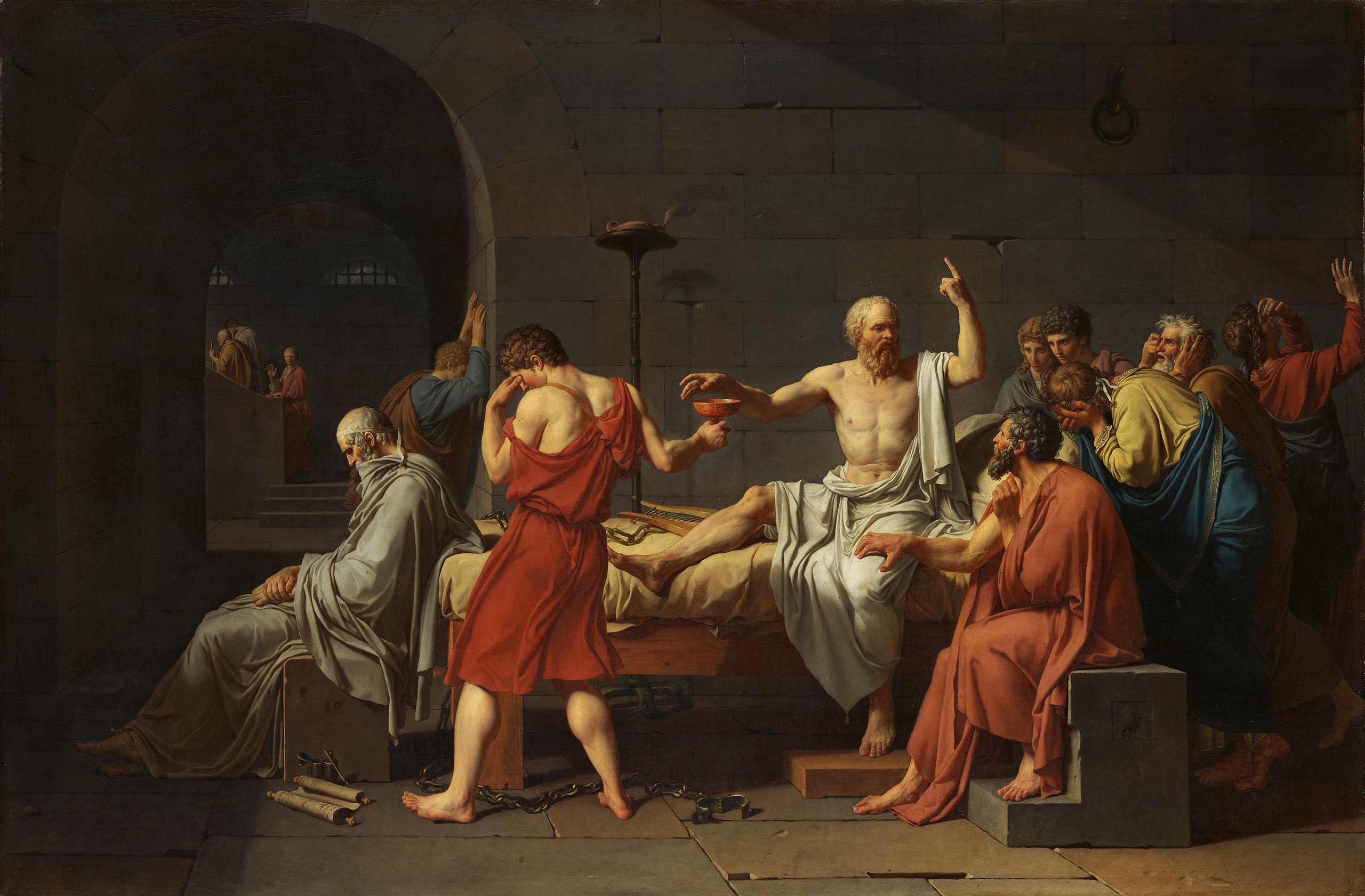The dangers or mainstream media shaping our perceptions of relationships
By: Brittney Farrow
Opinions Editor
I can easily recall the most horrifying moment of my life without a second of hesitation. For most people, the most unsettling memory they have revolves around fear; the stomach-clench following a bad accident; the flinch of a blinding scare; the ache in their bones that comes from worrying about the safety of a loved one.
Mine was nothing like that. The most cringe-worthy moment of my life happened when one of my 17-year-old coworkers gushed about the ending of her favorite book series: a notorious, well-known bestseller called “50 Shades of Grey”.
While I am usually not one to spoil book conclusions, I feel no guilt in saying that “50 Shades of Grey” ends with the two main characters – Anastasia Steele and Christian Grey – leaving their purely-sexual relationship behind to get married and have children.
It sounds romantic at first; the idea of two people meeting and falling in love at a slow-burn pace and eventually entering into a legally-binding partnership is the sweet coating of a candy that the media has been feeding us for years.
That is not what worries me though. What worries me – what makes my skin crawl – is that girls as young as my coworker are entranced by the notion that the relationship characters like Christian Grey and Anastasia Steele had is something to covet – something to pine over and aspire to. There is not enough space in the entire issue to cover why I find a problem with that, but I will break it down in the simplest of terms: abuse.
Several years ago, I watched my best friend from college struggle through an abusive relationship, and while the aftermath of that was awful, nothing was as grotesque as the moments in which she had no clue she was even being manipulated.
Before her boyfriend struck her – before she was crying to me on the phone and expressing her fears in hushed whispers – she was blinded by her new love. So much so, that she never had a chance to see the warning signs. His jealousy, which kept her from her friends and family; his control, which dictated what she wore and when. She was too enamored by the warm, tender moments to confront her frantic instincts, and by the time she finally did it was more than a little too late.
I did not need to finish “50 Shades of Grey” because I, like so many people, had already seen it happen in real life.
Teen literature and Young Adult fiction plays a powerful role in the formation of a young person’s perception of what a relationship should be.
For many teenagers, high school is the beginning of their romantic lives. It is at this time that they are most susceptible to misinformation, simply due to a lack of experience. “50 Shades” manages to soften the blow of its titular character’s creepiness by packaging it as BDSM; “Twilight” – the novel which inspired the former series – also manages to brush past its main character’s stalking and emotional abuse by playing it off as the actions of a well-meaning, protective boyfriend.
In “50 Shades,” Christian Grey repeatedly violates the requests of his romantic partner, either by following her to work and social events against her wishes or dominating the boundaries of their non-consensual sex life. Underneath the sex-saturated dialogue and erotic language author E.L. James uses is a persistent problem: nothing about the relationship is healthy, and the parallels it draws to real-life abuse are troubling.
I am aware of how some people will distort my concerns. To some, my unapologetic cynicism and hard-headed feminist ways are enough to prevent the acknowledgement of the real issue at hand. Even still, the widespread romanticism of abuse is a topic that needs to be addressed on a more regular basis. BDSM is perfectly acceptable if those involved in the relationship feel comfortable practicing it, but “50 Shades” is not BDSM. It is a dangerous, horrifying form of abuse hidden underneath Christian Grey’s obvious wealth and luxurious lifestyle.
As an anxious person, I am troubled by nearly everything. Nothing, however, keeps me up at night like the fear that one day my 17-year-old coworker, or a handful of girls like her, will wake up thinking tracked calls and forced sexual encounters are love.
I cannot change much. I cannot stop publishers from printing bad romance novels and screenwriters from turning them into movies. What I can do though is encourage us to open our eyes and be more aware of these dangers – before it is too late.











